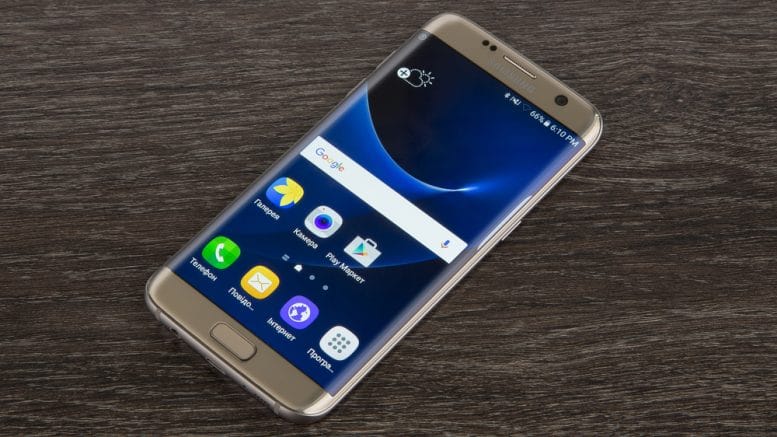Mobile apps and wearable technologies such as Apple Watch motivate employees, encouraging them to take responsibility for their own health and wellbeing.
Employee health and wellbeing is firmly on the agenda of many organisations today. A healthy employee is a happy and potentially a highly productive member of staff who’s less likely to either seek employment elsewhere, go off sick or be absent for other reasons.
According to research from the University of Salford: “More than 130 million days are lost to sickness absence every year in the UK, and working age ill health has an annual cost to the economy of more than £100bn.” So health and wellbeing isn’t an issue companies of all kinds can take lightly.
The university says: “Technology is being harnessed to improve worker satisfaction and gain the benefits this offers to an organisation.” Another survey by Xerox, Emerging Technology to Promote Employee Wellbeing found 56% of employer respondents are using mobile applications and associated technologies to promote health engagement.
The study found 31% of respondents are using apps for gamification, but this figure jumps to 74%. It also found 47% of those interviewed are happy to use wearable sensors to diagnose health issues.
Measuring productivity
The biggest opportunity from an employer’s perspective is when a smartphone application – or one on a wearable device – permits real-time health and wellbeing data analysis. Commercial director at Aon Employee Benefits Tobin Murphy-Cole, recommends that everyone should use the same app rather than the one employees most want on their devices. “So you need to support a single health application as a company and get everybody onto it. If you do this the data is real-time, but if not the employee can block any other analytics.” The challenge is about encouraging staff who wouldn’t normally be engaged in health and wellbeing.
Organising rewards
So how can technology empower employees to organise their rewards and become healthier and happier? “You need to have a portfolio of rewards that reflect the needs of different employees,” says HCM (human capital management cloud) strategy director at Oracle, Andy Campbell. People are motivated by different things, or by the same thing for different reasons. This same principle applies to rewards. “It depends on your life circumstances. Some US organisations are saying that, if you give us access to your wearables data, we will offer you reduced health insurance, so the boundaries are now being pushed,” he adds.
Big Brother: protect data
Yet, some people are bound to find company health and wellbeing programmes supported by technology as being “too Big Brother”, raising the question of whether the data could be used against staff when they decide to leave the company and move on to another job in another company. At this juncture the data should ideally be deleted, particularly as it will make staff less likely to want to join in any health and wellbeing programme organised by any current or future employer. A failure to protect employee data will reduce uptake, and so it is crucial for employers to communicate from the outset how they are going to use, store and retain the data – including for what purposes.
Expert panel top tips
- Start with small, managed initiatives to see results
- Make sure that health and wellbeing programmes reflect your culture and wellness strategy
- Trust your employees and make them feel valued. There has got to be some personal benefit for each individual employee otherwise they are not going to use it
- Make sure the contract is clear for both parties – employee and employer
- Remember you don’t improve people’s health and wellbeing by having apples on their desk and offering gym membership. Manage them in a way you would like your own children to be managed by an employer
Read an extended version of this article in the latest version of Director of Finance magazine.


Be the first to comment on "Smart tech: making employees safer and more productive"